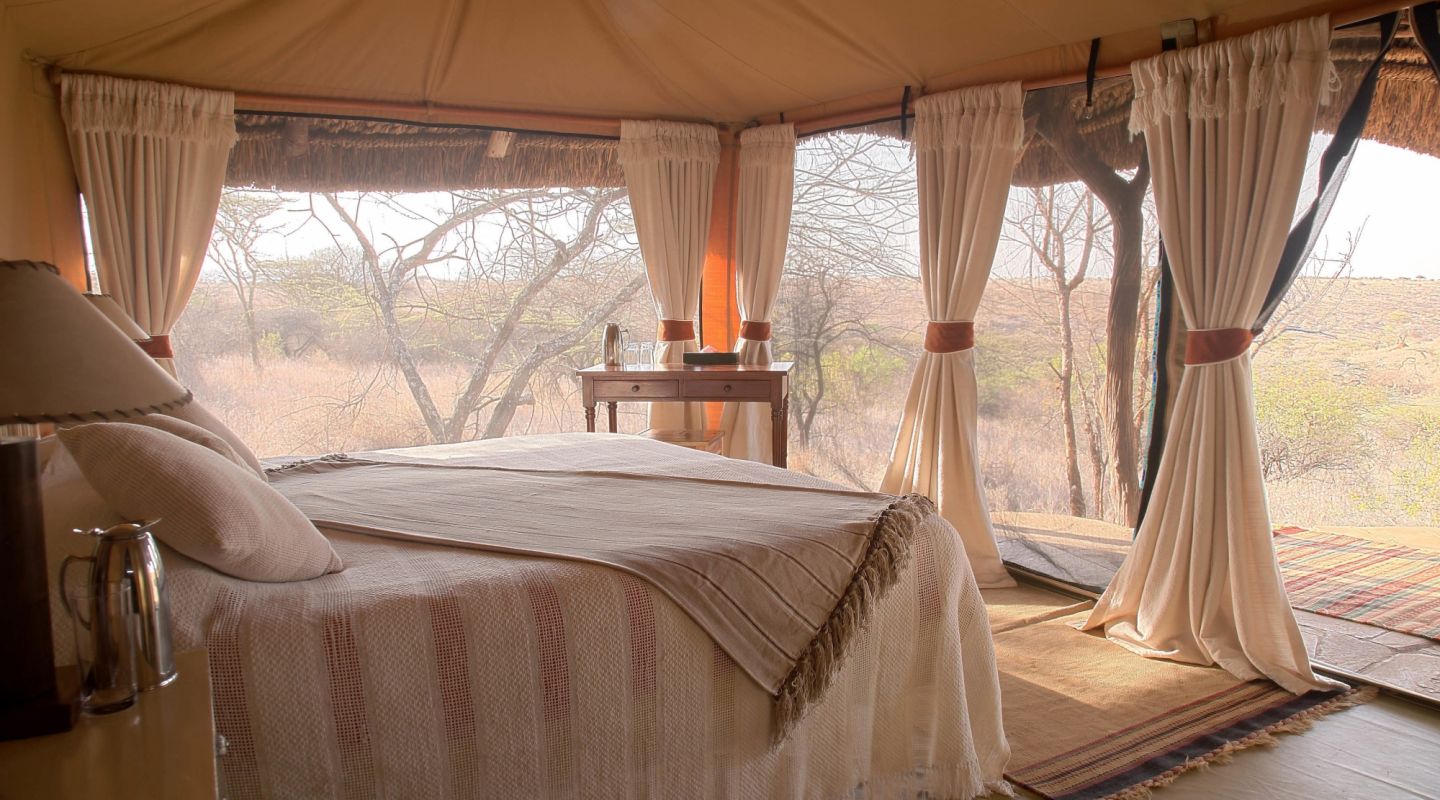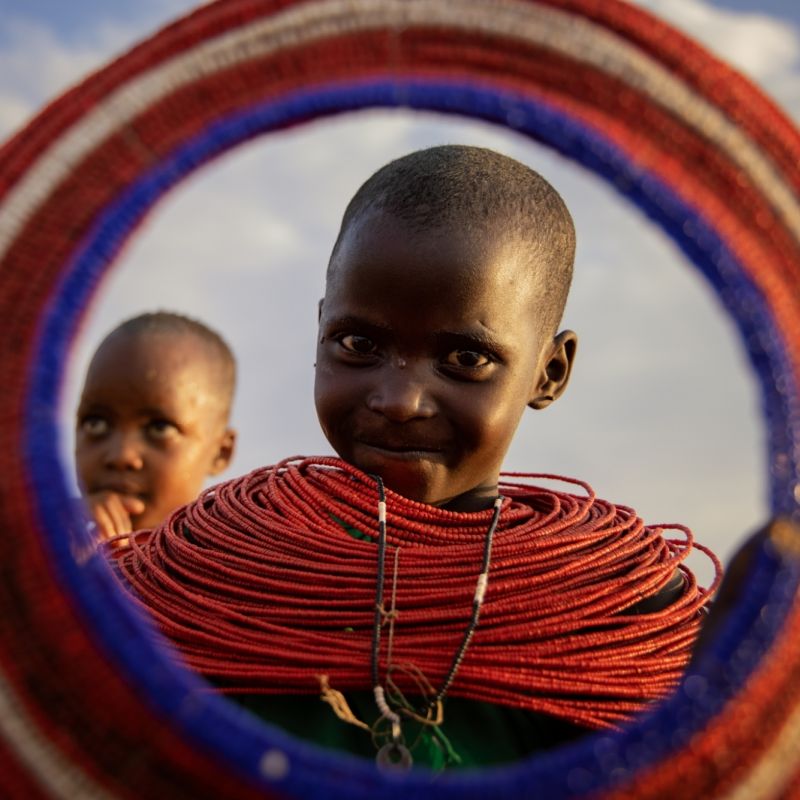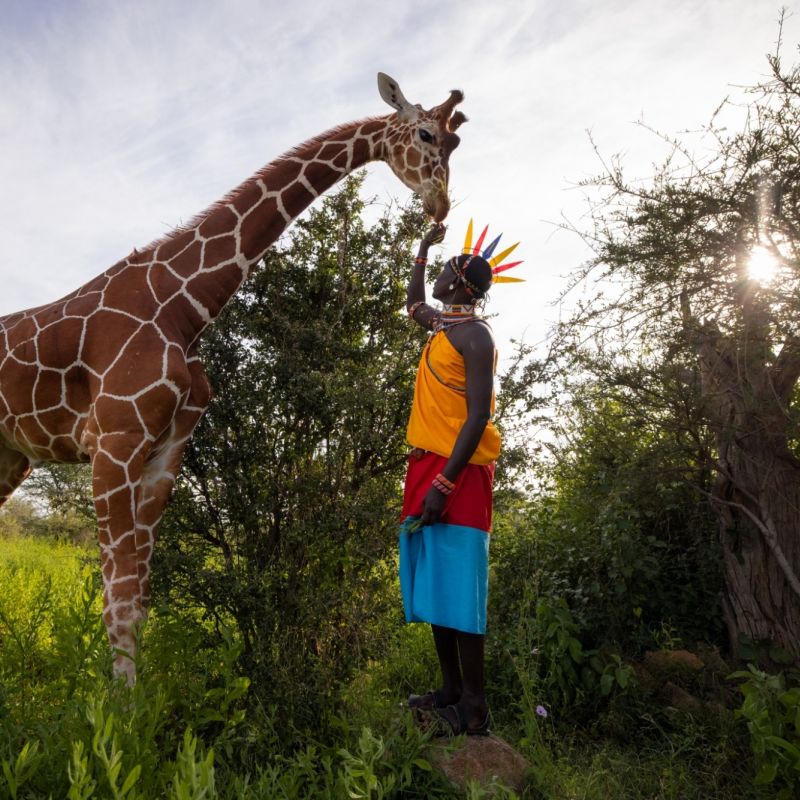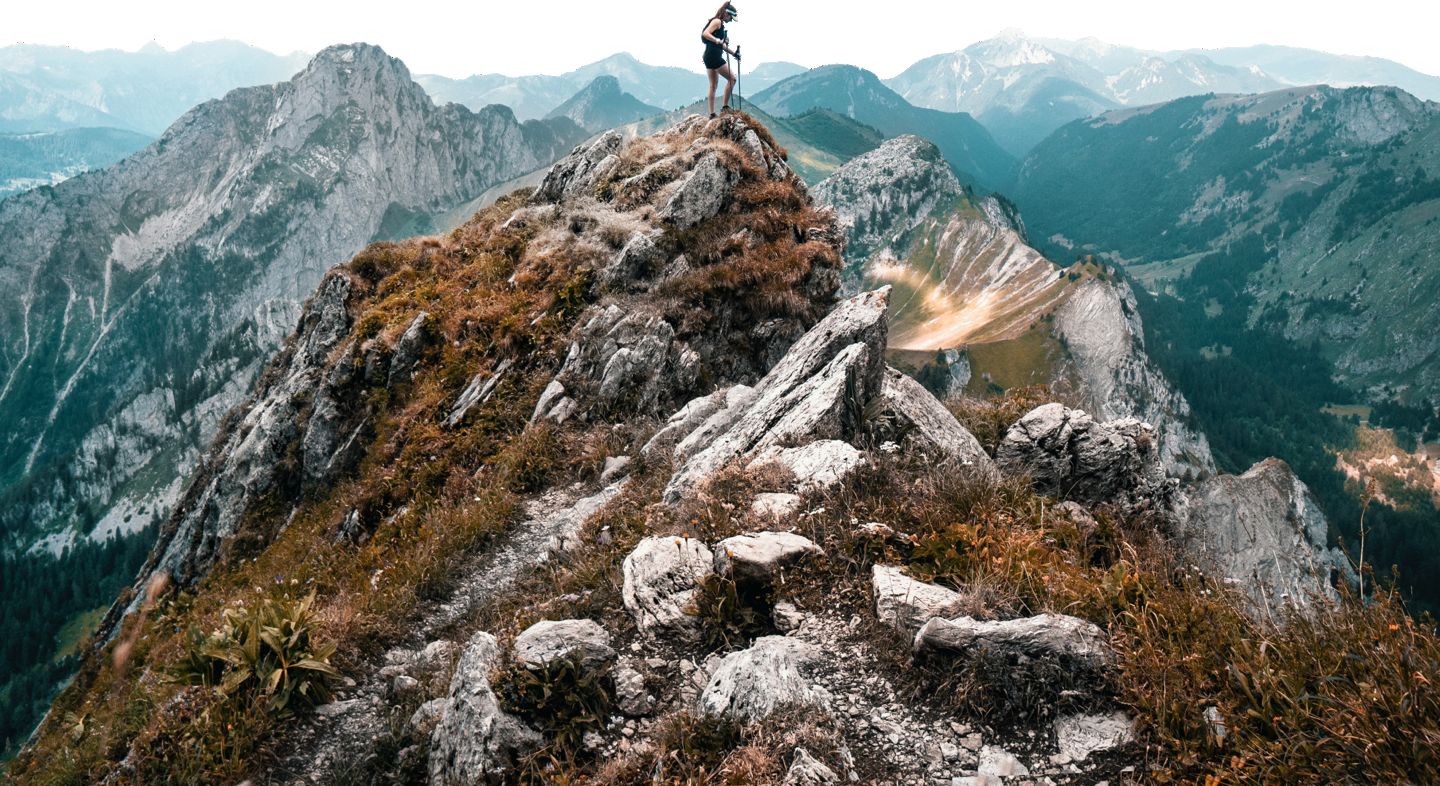Overview
Conservation-driven safari camp
Lewa Safari Camp can be found in the rolling plains north of Mt Kenya in the Laikipia region.
From being the first private ranch in Kenya to host private guests back in the 1970s, the Lewa Conservancy continues to be at the forefront of purpose lead safari. Its pioneering rhino sanctuary has expanded to become a stunning restored 25,000-hectare conservancy in the Lewa–Borana Landscape, a UNESCO Biosphere Reserve that is a vital sanctuary for hundreds of black and white rhinos along with strong populations of lion, leopard and Grevy’s zebra.
And the camp itself is a classic, with 11 large tented rooms and two specially designed family units under shade of thatched roofs. There’s also a swimming pool and fire-warmed lounge for the evenings.
The only property in Lewa owned by the conservancy itself, Profits and conservancy fees generated by the camp are reinvested directly into the conservation and community efforts of the conservancy.
Facts
At a glance
-
11 ensuite safari tents
-
Two family suites
-
Swimming pool
-
Lounge and massage room
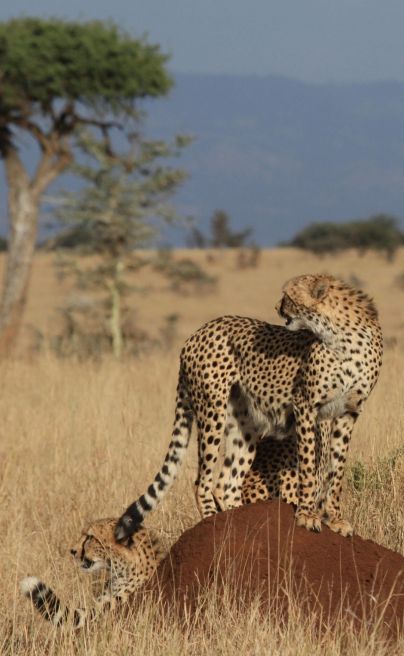
Experiences
-
![Lewa safari camp activities game drive 3]()
Game drives
With the whole of the eastern half of thecConservancy to itself, and with strict limits on tourism numbers, enjoy an almost private game viewing experience as you seek out plentiful rhino, elephant, buffalo, the rare Grevy's zebra and resident predators, to a backdrop of beautiful views of snow-capped Mt. Kenya.
-
![Lewa Wilderness Laikipia 7]()
Walking safaris
Join trained wildlife rangers from the conservancy to explore on foot. Apart from their knowledge of Lewa's rhino conservation, they are also knowledgeable about the tracks and botany.
-
![Lewa safari camp activities camel trekking 32]()
Horse and camel rides
Horse riding is for experienced riders only, as although it is a gentle walk on very well behaved horses, you are in the wild, and need to be able to bring a situation under control when horses are spooked. Perhaps less elegant than horseriding, but suitable for those without riding skills, the camels are led by Samburu handlers and it is a picturesque experience.
-
![Lewa safari camp activities bush breakfast 5]()
Bush breakfasts
Take a moment to sit back and enjoy the spectacular views as you tuck into a full breakfast, al fresco, in the middle of the plains, surrounded by wildlife.
-
![Lewa safari camp community education 2]()
Cultural experience
Lewa Wildlife Conservancy borders the Samburu community conservancies of Tassia and Il Ngwesi in the arid lowlands of the north. Many of the camp staff are from this area and you can visit neighbouring local Samburu homesteads and a school supported by the camp.
-
![Lewa safari camp activities ngare ndare forest 42]()
Ngare Ndare Forest
The Ngare Ndare forest borders the Lewa Conservancy and is a wonderful day trip. Swim in crystal clear mountain springs, walk along a canopy bridge above high above the forest floor and enjoying a gourmet picnic lunch in the shade of a dense and beautiful forest.
Community & Culture
Lewa Safari Camp is the only property within the Conservancy that is owned by the Conservancy. Profits and conservancy fees generated by the camp are reinvested directly into the conservation and community efforts of Lewa Wildlife Conservancy.
The Lewa Family know that wildlife conservation can’t succeed without support from neighbouring communities. With that in mind, they are involved in several initiatives, including micro-credit schemes, water projects, and education and healthcare projects. They are also aware that the future of Kenya’s wildlife lies with the next generation, and so they have set up the Lewa Education Programme (LEP) to help educate local children and teach them how important wildlife is. The LEP sponsors 18 schools and you can arrange a visit to one of them.
Lewa’s School Bag Project aims to supply disadvantaged children with school supplies. The bags are made from recycled fabric and contain books, stationary and encyclopedias.
Conservation
When it was established in 1972, Lewa transformed from a farm into a not-for-profit wildlife conservancy which now boasts 25,000 hectares of conserved land and more than 70 different animal species and 350 bird species. Lewa Conservancy continues to run one of the most successful rhino protection programs in Africa, hosting some 12% of Kenya's black rhino population with a breeding programme that has helped repopulate other protected areas in the region. The survival of this iconic species rests on long-term solutions that involve local people, securing its habitat and reducing demand for its horn.
Footprint
Lewa Safari Camp has achieved a Gold Eco-Rating Certification from Ecotourism Kenya thanks to a range of efforts to minimize the camp's footprint such as water and waste management, running on solar power for most of the day, heating water through solar, encouraging low-impact activities and using eco-friendly cleaning products.
The facility purchases locally where possible; fruits and vegetables are bought from neighbouring Borana Ranch. Products such as milk, meat for staff meals, honey is obtained from Meru through local suppliers.
Example trips
Get inspired
Browse our example trips and get in contact to start planning your very own adventure.
-
Example trips
Get inspired
Browse our example trips and get in contact to start planning your very own adventure.
What makes us different
Why Niarra
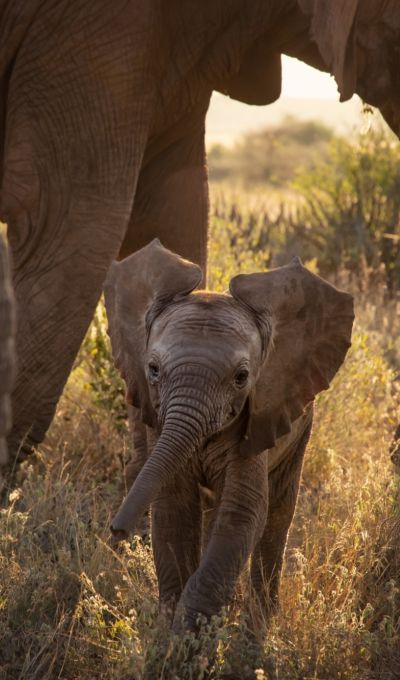
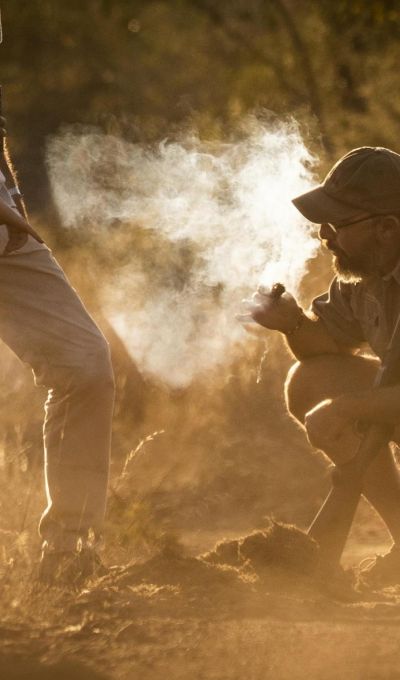
Niarra Travel is a forward-thinking travel company headquartered in London born out of a passion to do things differently.
In Swahili, a Bantu language spoken by millions in Eastern, Central and Southern Africa, the name Niara means "with utmost purpose" and our team are united by a passion for exploration and a belief that the right kind of travel can make the world a better place.
Our Travel Researchers are here to create incredible trips with a positive impact for you.
-
Unforgettable experiences
Creating your trip is entirely collaborative and our Travel Researchers are here for every step.
-
Positive impact
Curated sustainable experiences and accommodation that maximize the benefits to local people and place.
-
Fairness and transparency
An open, competitive pricing structure that ensures more money goes to where it's needed in the destination.
